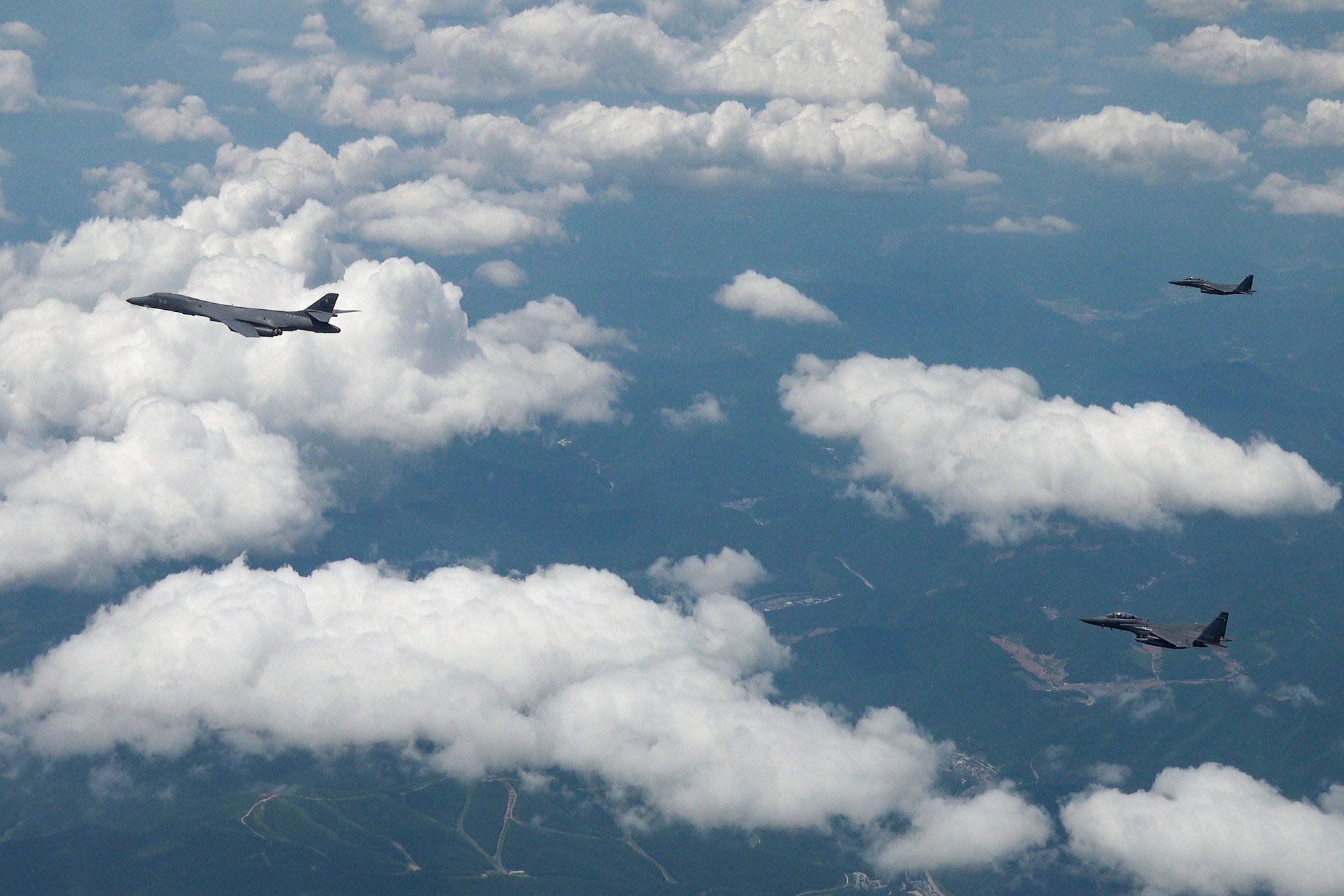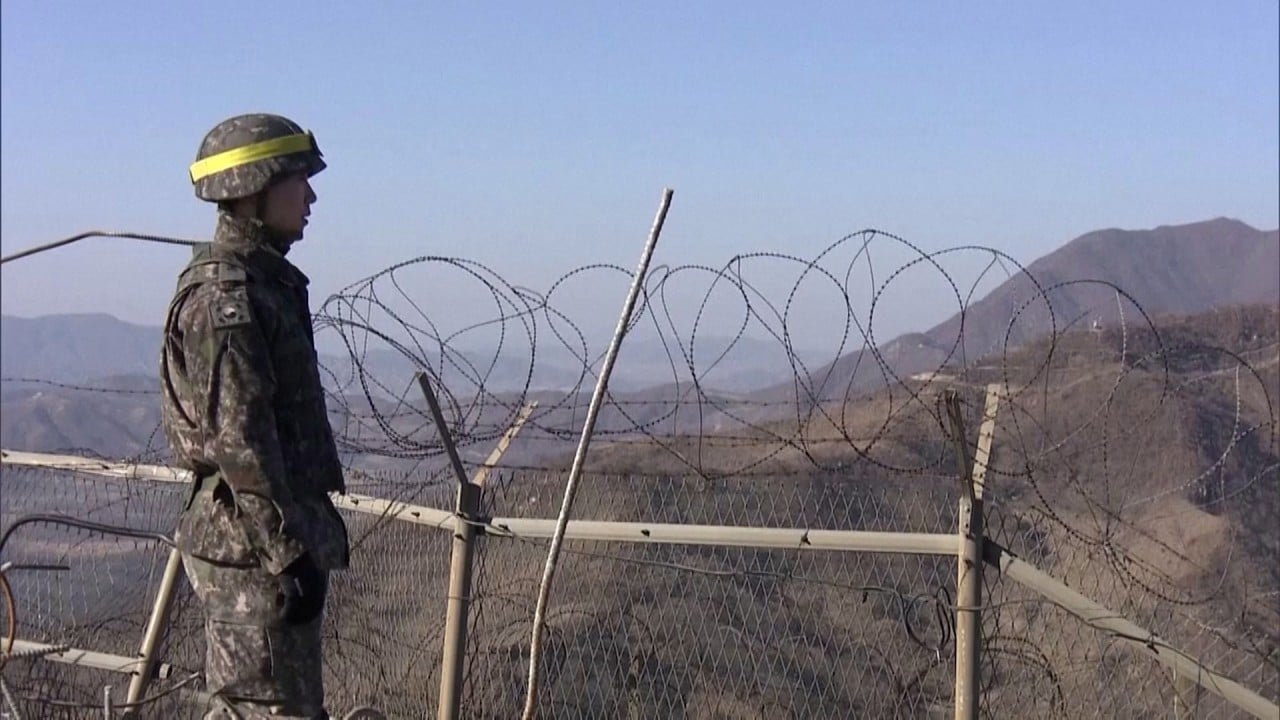According to analysts, North Korea is very sensitive to drills using bunker-buster bombs, which could threaten its underground military tunnels and structures, and ultimately its leadership.

“The training marked the first time the B-1 has conducted a live munitions drop on the Korean peninsula since 2017,” Lieutenant General David Iverson, US 7th Air Force commander and US Force Korea deputy commander, said on Wednesday. “And offered the alliance its latest opportunity to prepare for combat to defend the Korean peninsula, cementing its combined defence posture and demonstrating extended deterrence.”
“This training showcases the incredible capabilities of our combined forces to simultaneously strike multiple targets in a contested environment,” Iverson added, according to a press statement from the US 7th Air Force.
Moon Seong-mook, a senior researcher at the Institute for National Security, said the B-1B drill arose from the aim of the US and South Korea to strengthen deterrence on the Korean peninsula after signing an agreement to that effect at their summit in Washington last year.
“This is also intended as a show of force to deter Kim Jong-un from committing further provocative acts,” Moon told This Week in Asia.
“North Korea will react angrily, as creating a warlike atmosphere always helps the North’s power elites to tighten their hold on power.”
But Pyongyang would carefully calibrate its reactions, Moon added, for fear that the South would resume its loudspeaker broadcasts – a “hated tool” of psychological warfare use to circumvent the North tight control on its citizens access to outside information.

“Theatrics of the drill may look impressive to the South Korean public, but the air force drill should have included simulated missile launches outside the range of North Korean radar to genuinely scare Kim,” said Lee Il-woo, an analyst at the Korea Defence Network think tank.
Following the drill, Yoon struck a strident tone on Thursday, saying the South would not “sit idly by” should the North renew its provocative acts.
He described the North’s recent launch of trash-carrying balloons into the South as a “despicable” act.
“Peace is not secured by submission, but by strength. Only by growing stronger can we change North Korea,” he said in a Memorial Day speech at Seoul National Cemetery commemorating the country’s war dead.
“Only by becoming stronger can we regain the freedom and human rights of our North Korean compatriots and move forward to a free and strong, unified Republic of Korea.”
Professor Yang Moo-jin, dean of the University of North Korean Studies, said Yoon’s speech represented a break with decades of South Korean unification policy that sought peaceful coexistence, respect for each other’s political systems and non-intervention in internal affairs.
Additional reporting by the Associated Press


